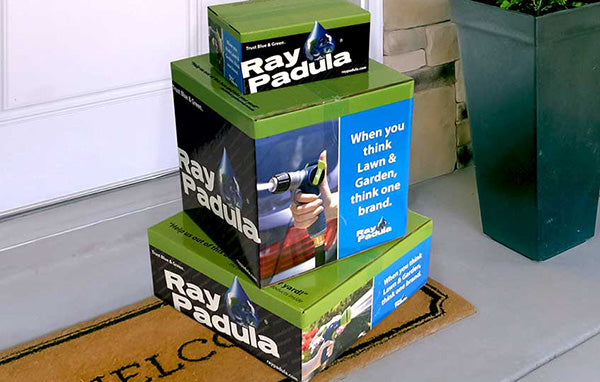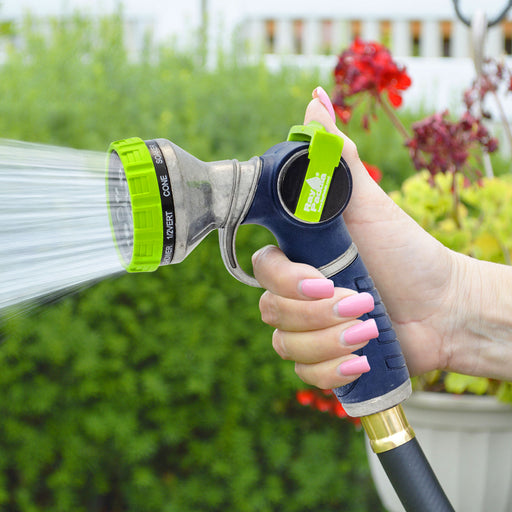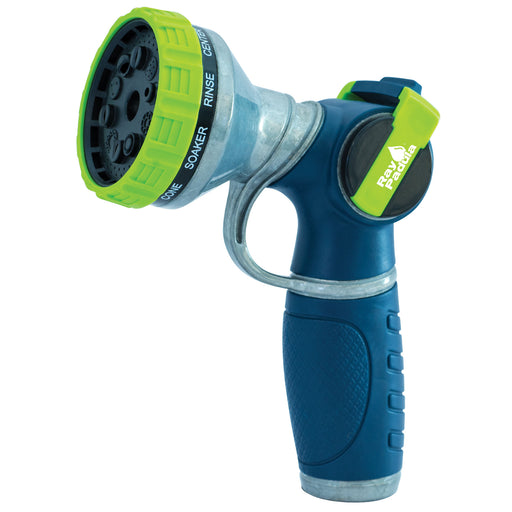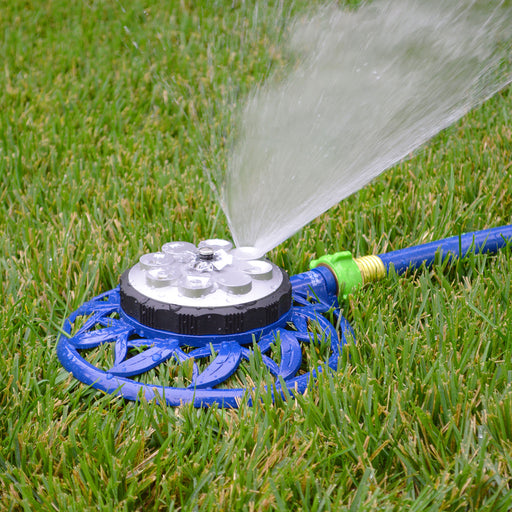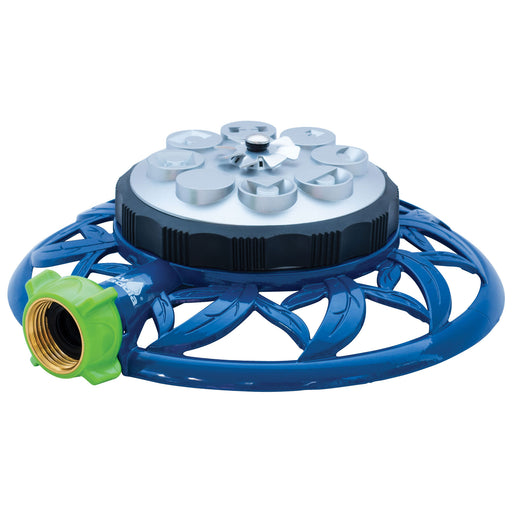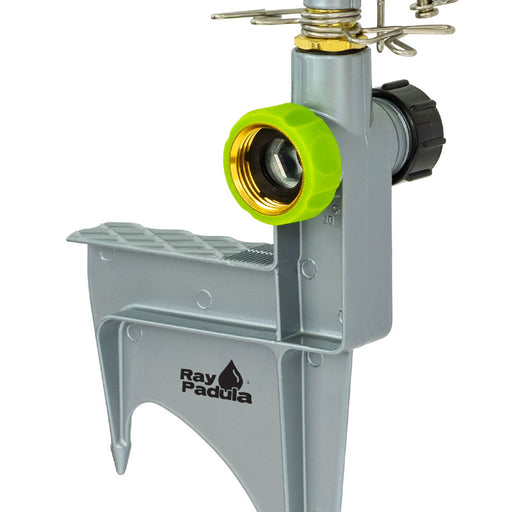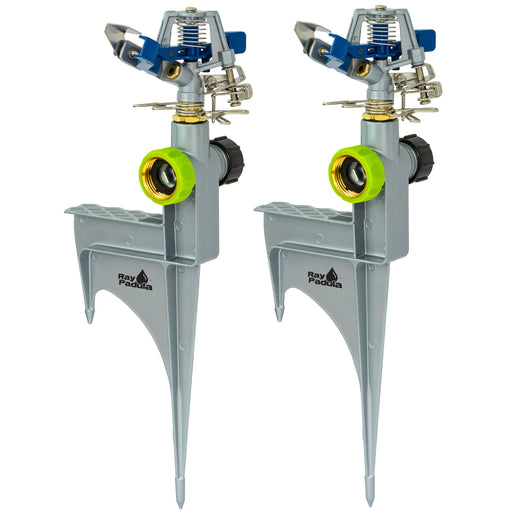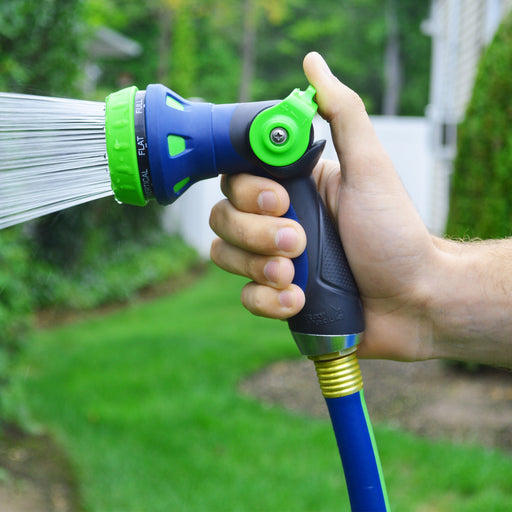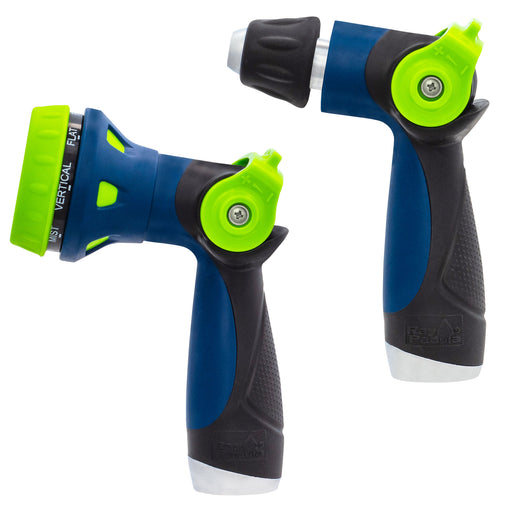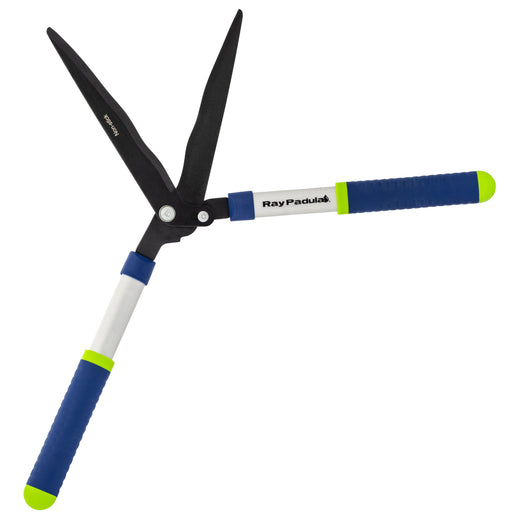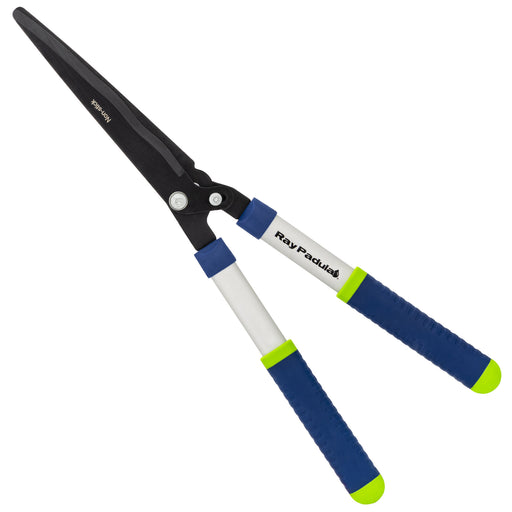
Do's and Don'ts of Fighting the Weed War with Chemicals
-
Do use chemical herbicides with extreme care. Overuse can lead to chemical contamination of water supplies through runoff from your lawn. Use caution when applying chemical herbicides near ponds, lakes, drains, and reservoirs. These herbicides can also kill microorganisms and insects that are beneficial to your lawn.
-
Do wear protective clothing whenever spraying or applying herbicides. Be sure to wear long pants, long sleeves, gloves, washable, rubber boots, protective eye wear, and a mask. If the instructions of the chemical that you're using say to wear additional protective gear, be sure to do so! Carefully clean any protective gear you've worn. Even a small amount of herbicide on the bottom of your boot can track an unwanted path of lawn destruction on your walk back the house. If the herbicide accidentally comes in contact with your skin, immediately wash with warm water and soap.
-
Do treat only the areas that need it. If a certain part of your lawn has weeds, only treat that area - not your entire lawn.
-
Do dispose of any containers that contained chemical herbicides or any excess herbicide properly. Check with your local EPA office for the correct way to dispose of these containers in your area, to prevent an environmental hazard. This includes the original container the chemical was sold in, as well as any sprayers that you may have used during application.
-
Do follow ALL manufacturer's instructions for application. If you're using a spreader, make sure its calibrated correctly for that specific herbicide. When using a liquid chemical, make sure to apply the correct amount. More doesn't mean better, ever, when it comes to chemical herbicides.
-
Do read and understand all cautions and warnings on the product label, before use. Some chemical herbicides are extremely toxic to people, pets, birds, fish, or other surrounding plants and vegetation.
-
Do use the herbicide that's specifically formulated for the type of weed you are trying to eliminate. Identify the weed properly before you apply anything.
-
Do ensure that you are spraying or applying herbicides with extreme care. Certain herbicides are meant for certain plant types. If the chemical you are using is non-selective (meaning it will kill any plant it is applied to), only apply to the desired plants, ensuring there is no accidental over-spray to nearby plants.
-
DON'T apply or spray liquid chemicals in windy conditions, ever. The herbicide may drift to other areas of your yard containing plants that you don't want sprayed. It can also easily land on a patio area, where people may come in contact with the chemical, unknowingly.
-
DON'T use a combination weed and feed product if your lawn only needs fertilizing. Overuse of any chemicals can destroy valuable bacteria and insects in the soil.
-
DON'T use any tools or containers that have come in contact with herbicides for any other purpose, ever. Using a contaminated container, even when thoroughly cleaned, can accidentally destroy plants you never meant to kill. Keep all chemical herbicide containers, and any tools or containers that have been used to apply herbicides clearly marked, and safely stored out of reach of children and pets.
-
DON'T store chemical herbicide containers in direct sunlight, or overheated closed areas, like the garage or shed. Herbicides should be stored in a cool, well-ventilated area, securely out of reach of children, and pets.
Weeds are an unfortunate pain-in-the-neck that every gardener has to contend with. If you choose to use a chemical herbicide, just a few simple steps can ensure your lawn and garden comes back to its vibrant, weed-free self, while keeping yourself and other areas of your yard safe from harm.
Legal Disclosure:
This post is provided for informational, educational purposes only. This information is intended to provide general guidelines. Because tools, products, materials, techniques, and local codes are constantly changing, Ray Padula Holdings assumes no responsibility for the accuracy of the information contained herein and disclaims any liability for the omissions, errors, or outcomes of any projects or tasks completed. It is the responsibility of the reader to ensure compliance with all local laws, rules, codes, and regulations for any projects completed. If there are any questions or doubts regarding any elements of any information provided, consult a local, licensed professional.


